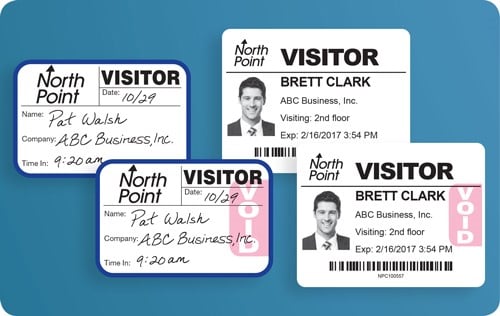Blog
Security crisis in the workplace - tips for before, during, and after
by Paul Kazlauskas

As we’ve seen for many years now, incidents of human-created terror or natural disasters can happen anywhere in the world. Schools, healthcare facilities, and businesses of all kinds are vulnerable. There is no longer a mythical place of “it can’t happen here”. Security departments need to be well-versed in crisis management.
Here are some security practices that have helped organizations like yours plan for a workplace emergency, as well as critical things to consider once it’s over.
BEFORE
Get expert advice when creating security protocols. Local law enforcement and first responders are usually willing to offer suggestions, if asked. There may even be a workplace security class at a police station or local community college to supplement any direct training by police, fire, and emergency medical personnel. The most secure practices aren’t always intuitive, but an expert will know what works best once they learn about your facility.
Employees must be trained on emergency plans and protocols to understand what they should do in a crisis. Whether it is a person with bad intentions or a natural disaster, employees should know how to react. During a workplace security emergency, communication can be uncoordinated or impossible for a variety of reasons. Each employee should be instructed on how to react to various situations when they are initially hired, with refresher training sessions at least once every year.
Consider providing basic self-defense and safety courses for employees. This will provide two main benefits: (1) It’s an employee perk that will be appreciated and could build employee morale during the class itself, as co-workers bond and learn to count on each other. (2) This program could potentially save lives.
Have security/safety drills. Test the security protocols and your employees’ reactions to them. How did internal and external communication systems function? Determine if the policy needs to be amended based on your learnings. Identify who needs additional training. Find leaders within your workforce who can serve as security captains (i.e. people you can count on).
DURING
An incident command system is vital to ensure an effective response effort. Time is of the essence during an emergency, and the more coordinated the effort, the sooner the incident can be resolved and healing/repair can begin. The incident command system coordination should include personnel (if available) from Security, Operations, Human Resources, and Risk Management, as well as, externally, Law Enforcement.
AFTER
Have a Continuity of Operations Plan (COOP) for how to deal with the aftermath of a workplace emergency. An organization or institution will have significant crisis management issues to address and will need to be prepared. Some examples include…
- Addressing the media in an informative and professional way.
- Preserving crime scenes.
- Caring for injured personnel.
- Helping people traumatized and unwilling to return to work.
- Handling lost workspace and equipment.
Complete a questionnaire that rates the effectiveness of the response. Within a few days of the crisis, it is a good idea to have every key player involved complete a questionnaire that reviews what went well and what needs to be improved. You should do this while the details of what happened are fresh in people’s minds, and everyone can reflect on the events and provide insights. The immediate constructive feedback will help your response to future workplace emergencies.
______
What other security incident lessons learned have you experienced or read about? Please add your comments below.
Our visitor badges “VOID” overnight to prevent reuse.

See them for yourself — request free samples!
Posted on 3/30/2016



 Paul Kazlauskas
Paul Kazlauskas
 Andrew Jones
Andrew Jones